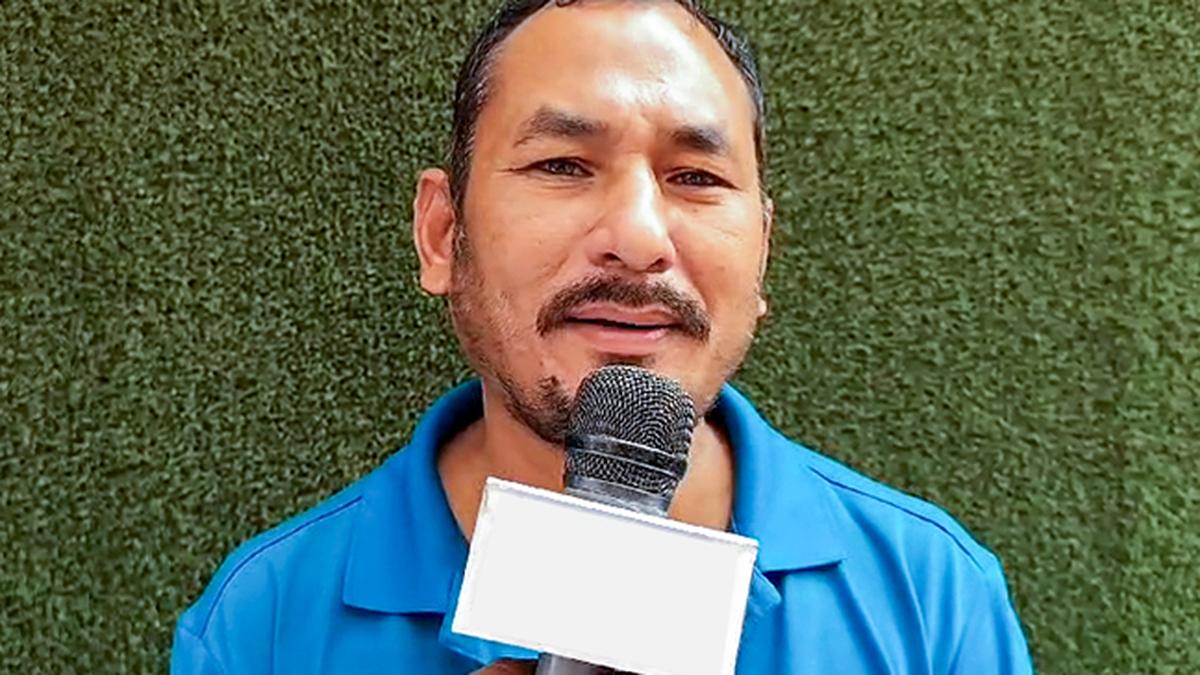 |
|
The recent knife attack on Bollywood actor Saif Ali Khan has captivated the attention of the Indian public and international media. The incident, which occurred in the early hours of January 16th, 2025, at his upscale Bandra apartment in Mumbai, left the actor with multiple stab wounds requiring emergency surgery at Lilavati Hospital. The swift actions of Bhajan Singh Rana, an auto-rickshaw driver, were instrumental in getting the injured actor to the hospital in time for critical care. This act of bravery and kindness has since become a significant part of the narrative surrounding the incident, highlighting the compassion and quick thinking of ordinary citizens in extraordinary situations.
The details of the attack paint a picture of a near-tragic event. An intruder, later identified as Mohammad Shariful Islam Shehzad (also known as Vijay Das), a Bangladeshi national illegally in India, gained entry into Saif Ali Khan's building by scaling the compound wall and exploiting the negligence of sleeping security guards. Preliminary investigations suggest that the intruder's motive was theft, not an attack specifically targeting the actor. The arrest of Shehzad on January 19th, 2025, in Thane, brought a sense of closure to the investigation, though the full extent of the circumstances surrounding the attack continues to be investigated.
The meeting between Saif Ali Khan and Bhajan Singh Rana on January 21st, 2025, at the hospital before Saif's discharge, provided a poignant counterpoint to the violence of the attack. The actor's expressions of gratitude, including a monetary gift and assurances of future support, underscore the importance of recognizing and rewarding acts of bravery and compassion in times of crisis. The gesture also highlighted a sense of community and empathy within the larger Mumbai society. This heartfelt meeting humanized the story, providing a heartwarming narrative amidst the otherwise unsettling details of the crime.
The incident involving Saif Ali Khan serves as a reminder of the vulnerabilities faced by even high-profile individuals. Despite security measures in place at his residence, the intruder managed to exploit weaknesses in the system, highlighting the ever-present potential for criminal activity, regardless of wealth or status. The story also raises important questions about security protocols in high-rise buildings and the need for adequate training and vigilance among security personnel. Failures in these areas contributed to the success of the intruder's actions.
Furthermore, the event underscores the vital role of ordinary citizens in emergency situations. The quick-thinking and compassionate actions of Mr. Rana demonstrate the capacity for heroism within everyday individuals, emphasizing the importance of civic responsibility and the potential of bystanders to make a significant difference in the face of danger. His assistance played a critical role in enabling timely medical intervention, potentially saving Saif Ali Khan's life. This aspect of the story should serve as inspiration for community engagement and public safety initiatives.
In conclusion, the narrative surrounding Saif Ali Khan's knife attack is multifaceted. While it initially focused on the crime itself, the subsequent events, particularly the interaction between the actor and his rescuer, have significantly broadened its scope. It is a story not just about a crime, but also about human resilience, community support, and the often-unsung heroism of ordinary individuals. The incident serves as a potent reminder of both the ever-present threats in society and the enduring capacity for human kindness and bravery.
Source: Saif meets auto-rickshaw driver who took him to hospital after knife attack
